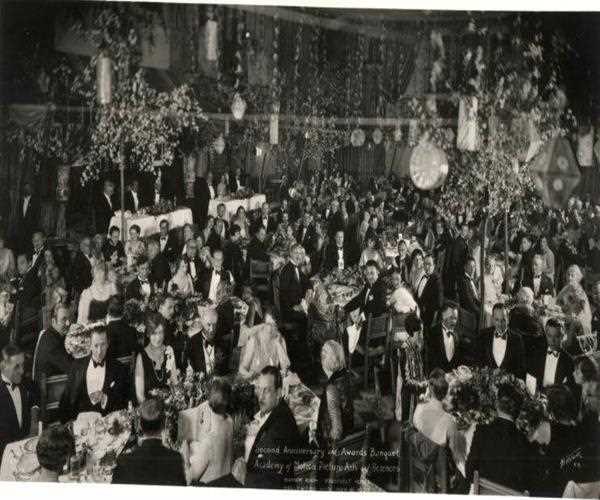
The first Academy Awards function, introduced by the Academy of Motion Picture Arts and Sciences (AMPAS), regarded the best movies of 1927 and 1928 and occurred on May 16, 1929, at a private supper held at the Hollywood Roosevelt Hotel in Los Angeles, California. AMPAS president Douglas Fairbanks facilitated the show.
Tickets cost $5 (which would be $74 in 2019, thinking about swelling), 270 individuals went to the occasion and the introduction function kept going 15 minutes. Grants were made by Louis B. Mayer, the originator of Louis B. Mayer Pictures Corporation (at present converged into Metro-Goldwyn-Mayer). It is the main Academy Awards service not to be communicated either on radio or TV. The radio station was presented the next year in 1930.
During the service, AMPAS introduced Academy Awards – presently known as the Oscars – in 12 classifications. Victors were declared three months before the live occasion. A few designations were reported without reference to a particular film, for example, for Ralph Hammers and Nugent Slaughter, who got selections in the now outdated class of Engineering Effects.
Unlike later services, an entertainer could be granted for various works inside a schedule year for a similar classification. Emil Jannings, for instance, was given the Best Actor grant for his work in both The Way of All Flesh and The Last Command. Additionally, Charlie Chaplin and Warner Brothers each got an Honorary Award
Significant victors at the service included seventh Heaven and Sunrise, which each got three honours, and Wings, accepting two honours. Among its distinctions, Sunrise won the honour for Unique and Artistic Picture, and Wings won the honour for Outstanding Picture (presently known as Best Picture)
. These two classes at the time were viewed similarly as the top honour of the night, expected to respect extraordinary and significant parts of predominant filmmaking. The following year, the Academy dropped the Unique and Artistic Picture grant, and chose retroactively that the honor won by Wings was the most elevated honor that could be granted.
